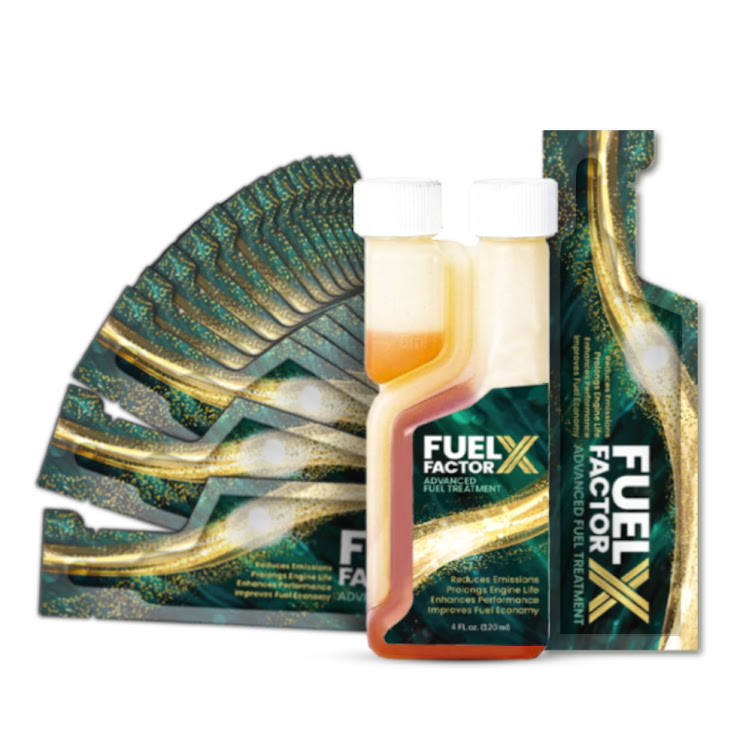Fuel factor X is a fuel additive enhance engine performance, improve fuel economy, and reduce harmful emissions. The product's primary component is a proprietary blend of organic compounds, including synthetic hydrocarbons, esters, and detergents. These components work together to increase combustion efficiency, reduce engine friction, and keep the fuel system clean.
Additionally, Fuel factor X contains antioxidants and stabilizers that prevent fuel oxidation, which can lead to deposits and gumming inside the engine. By maintaining fuel freshness and stability, these additives enhance engine performance while prolonging its lifespan.
Additionally, Fuel factor X contains antioxidants and stabilizers that prevent fuel oxidation, which can lead to deposits and gumming inside the engine. By maintaining fuel freshness and stability, these additives enhance engine performance while prolonging its lifespan.
All ingredients in Fuel factor X are non-toxic, biodegradable, and safe for use in all types of gasoline engines. However, the precise composition of the product is a well-guarded trade secret.
Fuel factor X has undergone extensive testing by independent laboratories and regulatory agencies. In 2019, the Environmental Protection Agency (EPA) approved the product for use in the United States after thorough testing demonstrated its safety and efficacy. The European Chemicals Agency (ECHA) granted approval for the product in the European Union after similar tests showed no adverse effects on the environment or human health.
Fuel factor X has been on the market for over two years since its approval in both the USA and EU markets. There have been no reports of damage to vehicles or voided warranties resulting from the product's use.
The manufacturer assures customers that using Fuel factor X will not void their car warranties or cause harm to their vehicles. However, it is always recommended to consult with the vehicle manufacturer or dealership before using any fuel additives to ensure that they comply with the warranty requirements.
If using Fuel factor X results in the voiding of a car warranty, the manufacturer offers a satisfaction guarantee that promises to refund customers who are not completely satisfied with the product's performance.
In conclusion, Fuel factor X is a fuel additive that contains a proprietary blend of organic compounds, antioxidants, and stabilizers. The product has undergone rigorous testing by independent laboratories and regulatory agencies, and it has been approved for use in both the USA and EU markets. The manufacturer assures customers that the product is safe for use in all gasoline engines and will not void car warranties or cause harm to vehicles. However, before using any fuel additives, it is always recommended to consult with the vehicle manufacturer or dealership to ensure that they comply with warranty requirements.
